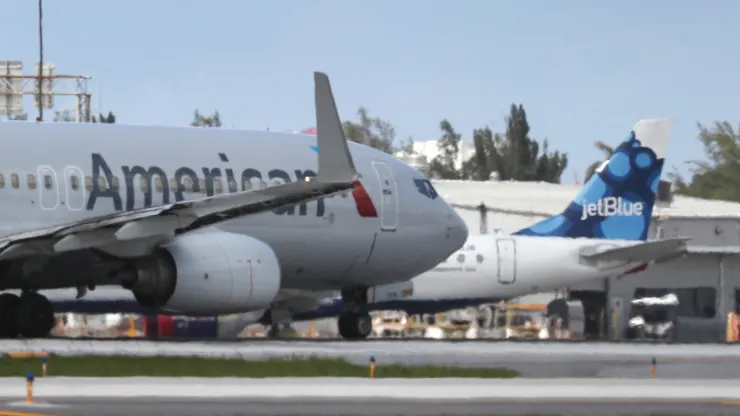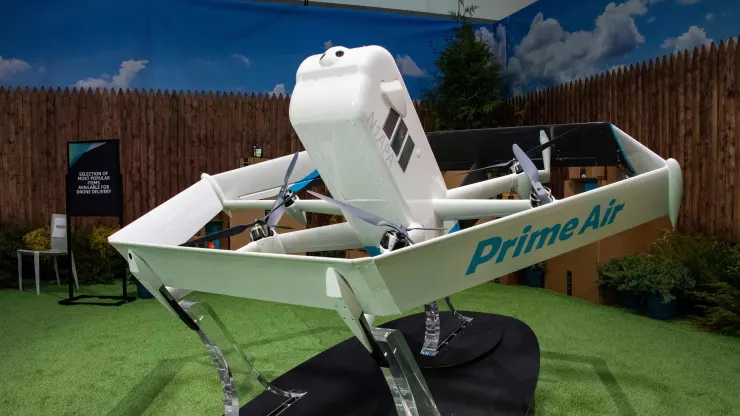

On a recent weekday morning, John Case heard a familiar buzzing outside his quiet suburban home in College Station, Texas. He recognized it immediately as one of Amazon ’s Prime Air drones, whizzing by on its delivery route to unload small packages of batteries, vitamins and dog treats. “It sounds like a giant hive of bees,” Case, a semi-retired orthodontist, said in an interview. “You know it’s coming because it’s pretty loud.” Case has lived in College Station for the past 40 years. The drones are a common sight when he and his wife go on their regular walks around the neighborhood. Nurses, police officers and firefighters who work the nightshift talk about it disrupting their sleep during the day, Case said. Noise complaints are just the latest challenge for Amazon’s drone program that’s been struggling to get off the ground since the company started testing deliveries in 2022. A mix of regulatory hurdles, missed deadlines and layoffs last year, coinciding with widespread cost-cutting efforts by CEO Andy Jassy, has halted progress of the ambitious service, which was conceived of by Amazon founder Jeff Bezos more than a decade ago. College Station, located about 100 miles northwest of Houston, has been the main testing ground for Prime Air, as Amazon tries to show it can ferry packages by unmanned aircraft to residents’ homes in under an hour. Lockeford, California, south of Sacramento, was supposed to be another test market, but Amazon shuttered its operation there in April. The company is seeking approval from regulators to start deliveries in Tolleson, Arizona, west of Phoenix. As Amazon prepares to scale up Prime Air and expand it to more areas, it’s encountering another reason why that won’t be so easy. In a July letter to the Federal Aviation Administration, College Station Mayor John Nichols wrote that residents in his city, home to Texas A&M University, have grown tired of the drones loudly buzzing near their homes. “Since locating in College Station, residents in neighborhoods adjacent to Prime Air’s facility have expressed concern to the City Council regarding drone noise levels, particularly during take-off and landing, as well as in some delivery operations,” Nichols wrote. Nichols’ letter followed a proposal from Amazon to the FAA to allow the company to increase deliveries to 469 flights per day, up from its current level of 200 flights per day. Amazon is asking for the ability to operate between 7 a.m. and 10 p.m., rather than being limited to daylight hours as the program is today, and to expand its delivery area to up to 174 square miles surrounding the company’s drone port, up from its current operating range of 44 square miles.